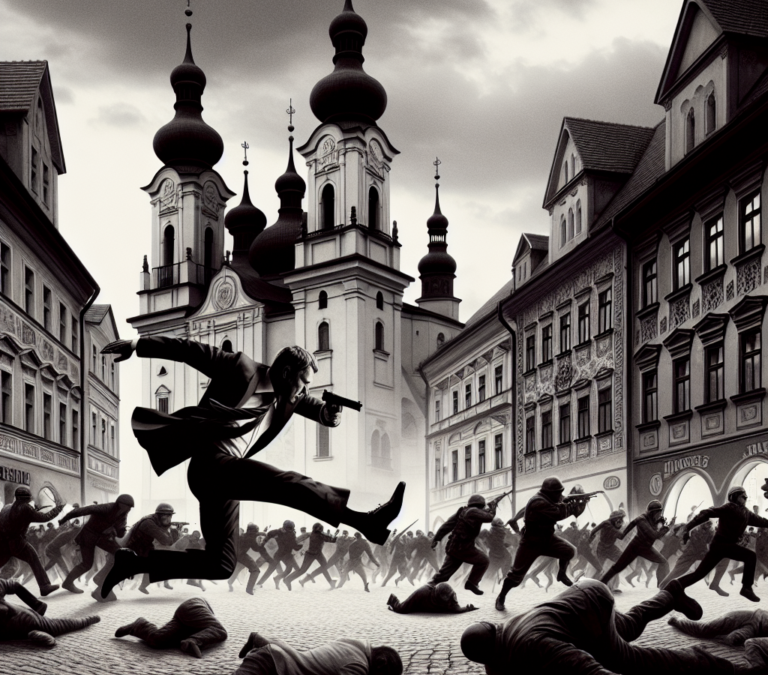Handlová, Slovakia – The recent assassination attempt on the Slovakian Prime Minister, Robert Fico, marks the first attack on a European head of state since 2003. This incident reflects a growing divide across the continent.
On the day of the attack, Fico met with local supporters in Handlová after a government meeting. Amidst the crowd, a man fired five shots at him, leading to the Prime Minister undergoing surgery for five hours. Although in stable condition, officials mention that Fico is not entirely out of danger yet.
The perpetrator, identified as Juraj Cintula, a 71-year-old poet and former security guard, acted alone in the attack. Despite indications of his disagreement with the government’s political stance, the motive behind the assassination attempt remains unclear.
The shocking attack on Fico parallels the 2003 assassination of Serbian Prime Minister Zoran Djindjic, evoking condemnation and calling for calm from leaders across Europe. The incident has left European leaders concerned in the face of an increasingly tense political environment leading up to the upcoming European elections.
Tensions are palpable in many countries as political violence and unrest become more prevalent. Armida van Rij, who heads the Europe program at Chatham House, sheds light on the underlying factors contributing to the heightened tensions across the continent.
Fico, a polarizing figure in European politics, has faced criticism for his stances on immigration, press freedom, and LGBTQ+ rights. His tenure has been marred by mass protests, with thousands taking to the streets to demonstrate against his policies.
The aftermath of the assassination attempt has sparked fears of further crackdowns on civil liberties and press freedoms in Slovakia. The incident serves as a stark reminder of the deep-seated divisions within Slovakian society, with politicians seizing the opportunity to exploit these rifts for political gain.
As Europe grapples with increasing polarization, incidents like the attack on Fico underscore the challenges facing the region. The rise of far-right parties, adoption of inflammatory rhetoric, and growing political violence pose significant threats to democracy and stability across the continent.









